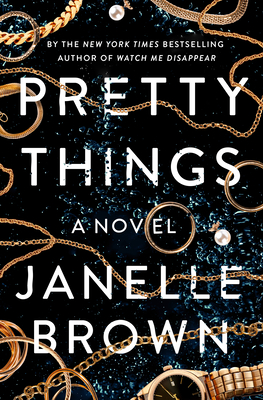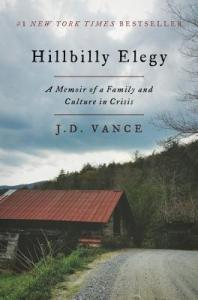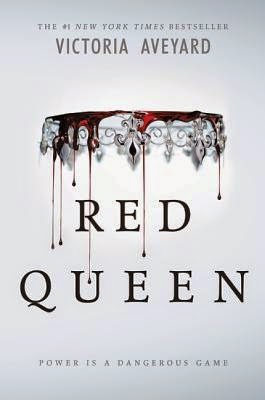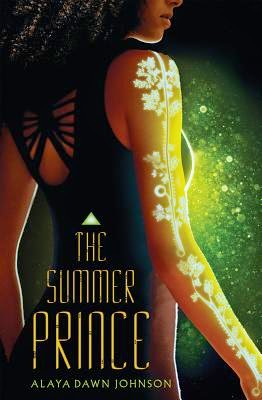by Matthew Desmond
Read by Dion Graham
Support your local independent bookstore: buy it there!
Or listen at Libro.fm
Content: There are a few mild swear words. It’s in the Sociology section of the bookstore.
I was moved by the stories of the people in Desmond’s Evicted, but I think there was a part of me that could put it at a distance. At least that’s not my life. But in Poverty, by America Desmond pulls no punches: poverty is not just a “them” problem. It’s something that affects ALL of us.
In this short, to the point, book Desmond uses data to show how the system exploits poor people, from the TANF government funds that so many states misuse or use for programs other than to actually help poor people (for every $1 of the fund, only 22 cents make it into the hands of poor people) to the landlords who nickel and dime the poor into higher rents for lower quality apartments that they can get evicted from. But it’s more than that: it’s the middle class with our health care and mortgage subsidies (the middle class and wealthy are subsidized by the government at much if not more than poor people are) and the wealthy and businesses who are not made to pay their (measly, comparatively) tax share.
It’s Desmond challenging the reader to think about whether a corporation pays their employees a living wage before shopping there. It’s a call for a universal basic income. It’s a lament that for the past 50 years, in one of the wealthiest countries on earth, no progress has been made to help the people living in poverty.
It’s quite probably one of the most important books I’ve read and challenged me as well as changed my perspective on things.
It doesn’t get much better than that.










